SolX Technologies and AIM Lead Masterclass on Energy Efficiency and RCOA
- April 5, 2025
- 0
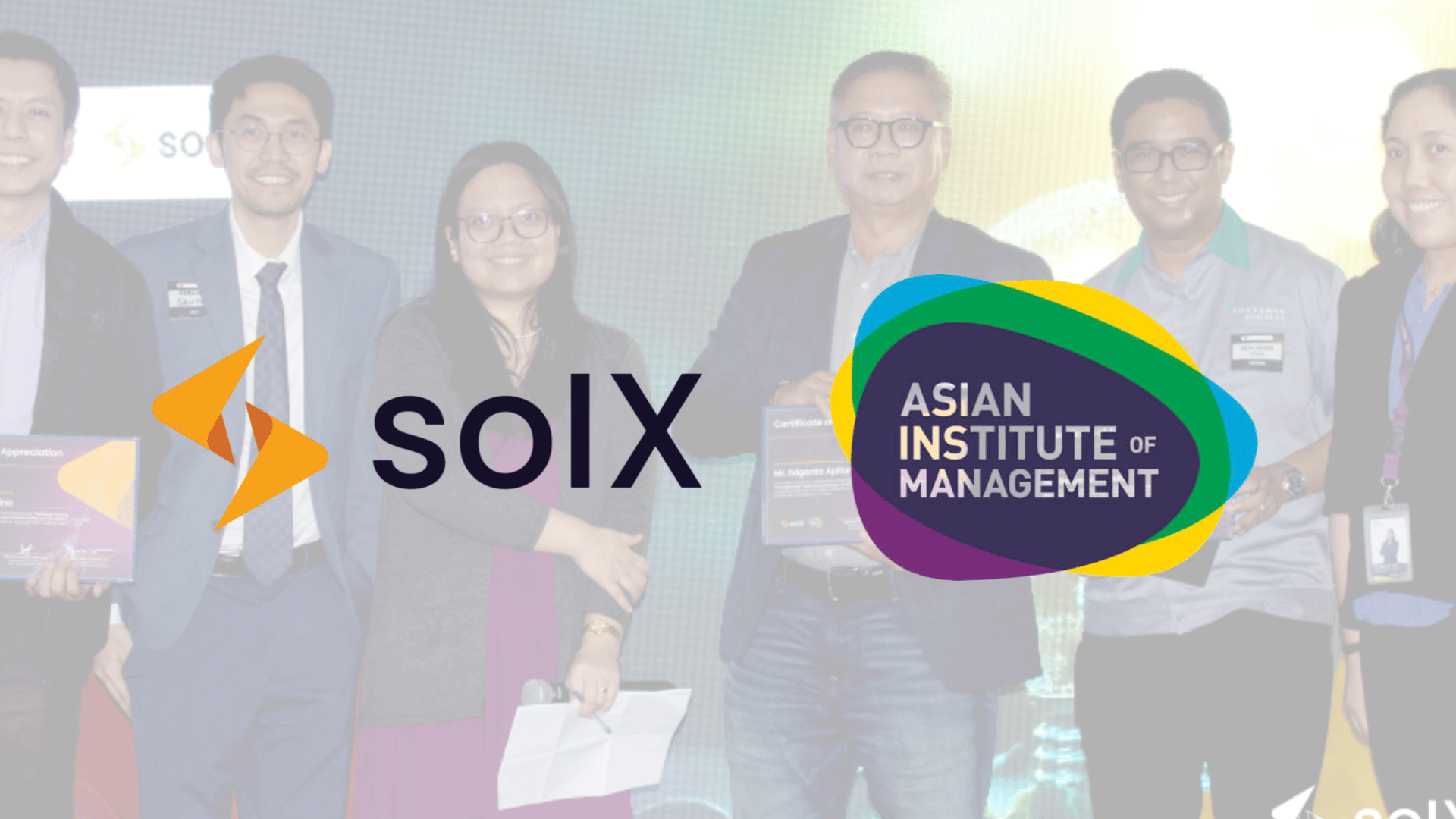
SolX Technologies and AIM recently brought together energy leaders, regulators, and industry experts for the “Strategic Energy Management: Unlocking Savings & Sustainability for Industries” masterclass. The event tackled energy challenges in the Philippines, highlighting solutions to rising demand, outdated infrastructure, and heavy reliance on coal.
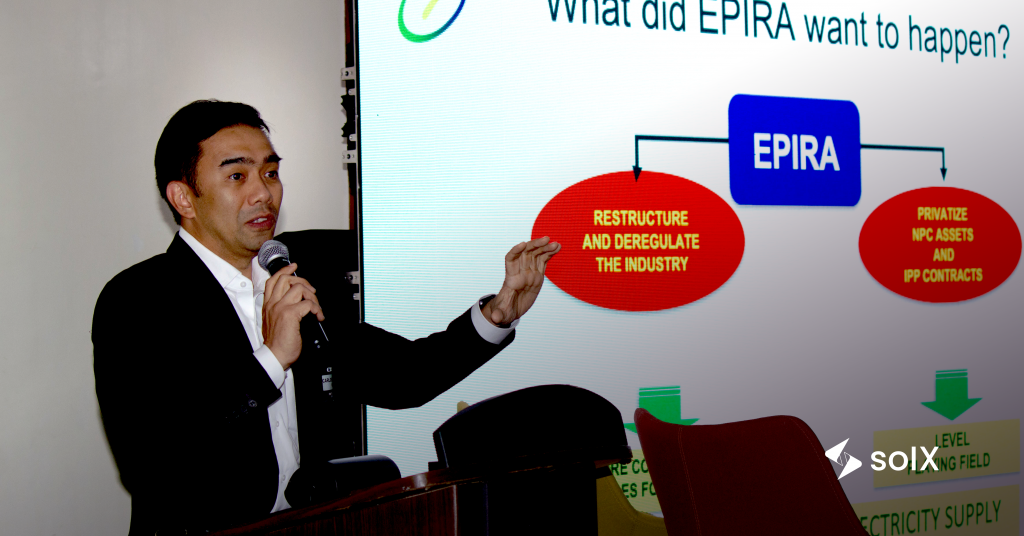
Carlos Lorenzo Vega, President and COO of First Gen Energy Solutions, addressed the ongoing energy trilemma—balancing security, affordability, and sustainability—24 years after the Electric Power Industry Reform Act (EPIRA) and 17 years after the Renewable Energy (RE) Act. He noted the increase in coal’s share of electricity generation from 7% to 62%, indicating the country’s slow progress in adopting renewable energy.
“The RE Act aimed to boost clean energy adoption, but our grid remains vulnerable as reliance on fossil fuels continues to grow,” Vega said. He stressed the need for immediate investment in renewable energy and grid modernization to prevent supply shortages that could hinder industrial growth.
Focus on RCOA and Retail Aggregation
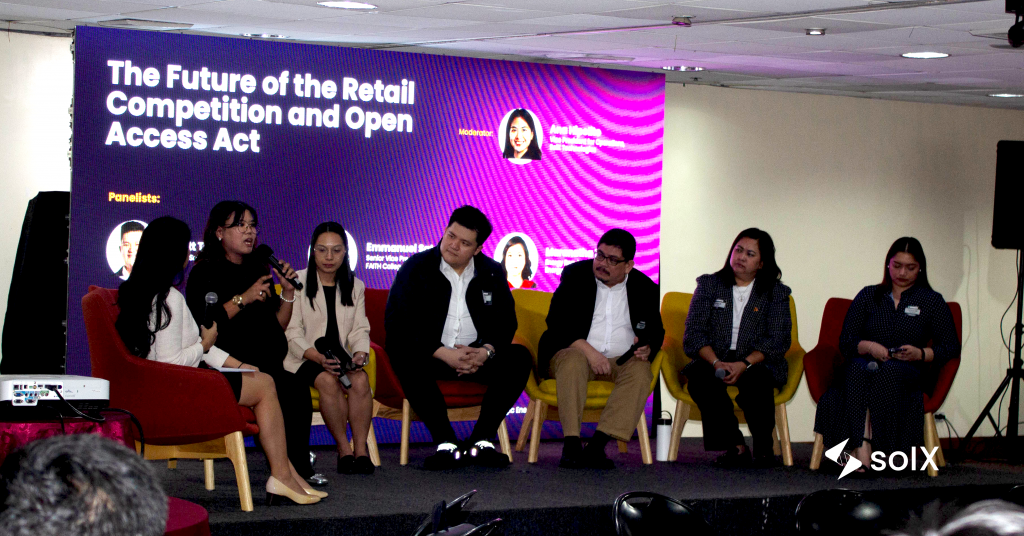
A panel discussion during the masterclass addressed the future of the Retail Competition and Open Access (RCOA) framework. The session gathered insights from the Energy Regulatory Commission (ERC), Retail Electricity Suppliers (RES), and consumers, including SolX Technologies.
Matt Levin Tan, COO of SolX Technologies, highlighted the benefits of RCOA for businesses. “RCOA is a game-changer—it empowers businesses to control energy sourcing, cutting costs and enhancing market competition,” he said.
Energy Regulatory Officers Maranatha Estalilla and Katerielle Cedeno discussed updates to the retail market program, including the introduction of the Retail Aggregation Program (RAP). RAP allows end-users and small businesses to pool their demand to meet the 500 kW threshold for participating in the Competitive Retail Electricity Market (CREM).
Practical Implementation
Emmanuel Sator from FAITH Colleges shared their experience transitioning to the contestable market. “As an educational institution, energy is not our core expertise. SolX Technologies guided us through the transition, giving us the confidence to adopt the Green Energy Option Program (GEOP),” he shared.
Meanwhile, Tan emphasized SolX’s role in guiding businesses through energy transitions. “Our job is to provide clients with the right options and technology, helping them navigate the complexities of the energy market,” he said.
Embracing Energy Efficiency
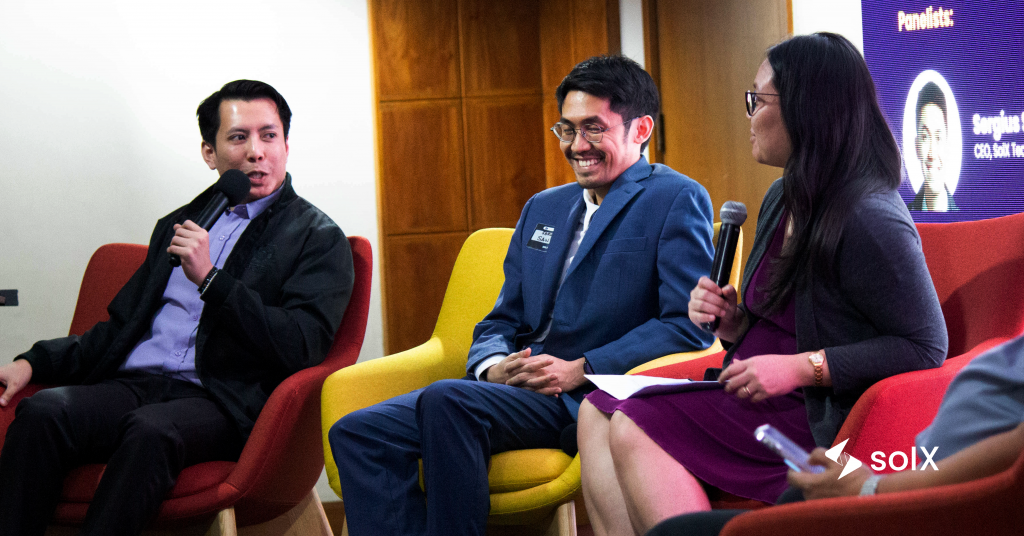
The masterclass also covered energy efficiency as a competitive advantage. Director Patrick T. Aquino from the Department of Energy (DOE) emphasized the importance of energy audits. “You cannot target what you don’t measure. Implementing energy efficiency will lower costs,” he said.
SolX Technologies CEO Sergius Angelo Santos outlined the company’s commitment to supporting energy efficiency initiatives. “We guide our clients through RA11285, offering audits and reports while raising awareness of sustainable practices,” Santos explained.
Benjamin Azada of Converge shared how SolX helped the company reduce emissions by nearly 40% through technology optimization. Edgardo Apitana of Onestop Warehousing Solutions also highlighted the value of energy efficiency in maintaining competitiveness.
A Call for Collaboration
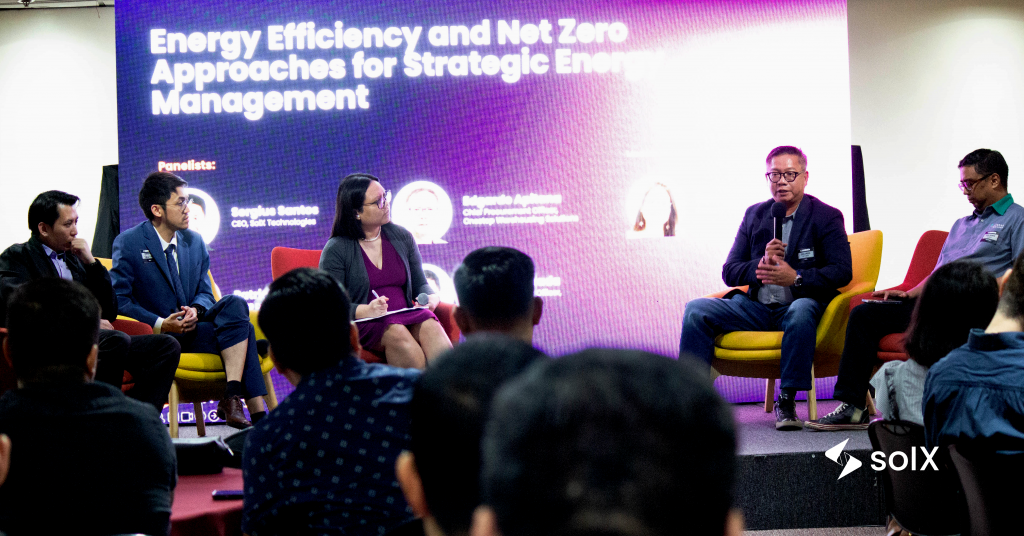
The masterclass concluded with a call to prioritize sustainability measures alongside affordability and reliability. SolX Technologies committed to continuing its support for industries transitioning to more efficient and sustainable energy practices.
As the energy sector evolves, the collaboration between SolX Technologies, AIM, and other stakeholders highlights the importance of balancing renewable energy adoption with practical efficiency solutions.
How can your business benefit from energy efficiency and RCOA? Share your thoughts in the comments and follow Power Philippines on Facebook and LinkedIn for more updates.